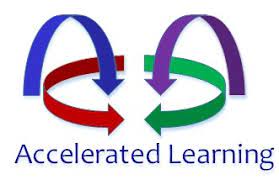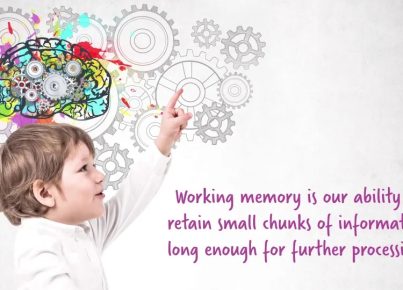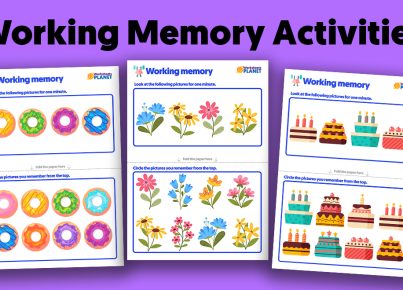Introduction: The Quest for Faster, Better, Smarter Learning
The world is evolving at an unprecedented pace, and the need for efficient learning strategies is becoming increasingly critical. For centuries, humans have been on an unending quest to enhance their cognitive abilities and attain knowledge in the most optimal way possible. This pursuit has led to substantial research into accelerated learning methods – techniques designed to maximize an individual’s learning potential and rapidly boost their understanding of complex skills and subjects.
In this article, we will explore the evidence supporting the notion of accelerated learning and examine the key strategies employed by learners worldwide in their efforts to absorb knowledge faster and more effectively.
Defining Accelerated Learning
Simply put, accelerated learning refers to the use of methodologies and techniques aimed at improving one’s ability to learn more efficiently by tapping into multiple intelligences, incorporating different learning styles, and ensuring a learner-centric approach. Dr. Georgi Lozanov, a Bulgarian psychologist credited with founding accelerated learning, posits that by leveraging learners’ various strengths, plus employing innovative educational principles, individuals can drastically improve their comprehension and retention.
The Science Behind Accelerated Learning: Neuroplasticity
One of the fundamental principles of neuroscience research is neuroplasticity – the idea that the human brain is continually changing its structure and function based on new experiences. This capacity for change provides a robust foundation supporting claims that accelerated learning is indeed possible.
In recent years, numerous studies have highlighted rapid neuronal changes in response to new stimuli suggesting that human brains are naturally tuned to adapt quickly when exposed to new information. Neuroplasticity research indicates that not only can we learn more rapidly than previously believed but that specific techniques like spaced repetition and multisensory learning may indeed enhance our capacity for acquiring new knowledge.
Key Components of Accelerated Learning
Various approaches underpinning accelerated learning can benefit individuals across various age groups and learning domains. Some of these central strategies include:
1. Cognitive Activation: This technique emphasizes stimulating the learner’s mind by connecting new knowledge with existing mental frameworks, thereby deepening understanding and retention.
2. Multisensory Learning: Combining auditory, visual, tactile, and kinesthetic modalities allow for different sensory experiences in the learning process. These multisensory approaches have been shown to support increased retention rates and facilitate deeper understanding.
3. Brain-Compatible Environments: Creating an immersive environment that is conducive to learning enhances learners’ cognitive processes. This includes features such as natural lighting, comfortable seating, and access to digital tools and resources, which help create a conducive atmosphere for fostering focus and motivation.
4. Metacognition: Encouraging learners to reflect on their thought processes empowers individuals to effectively monitor and adjust their learning strategies as needed.
5. Collaborative Learning: Engaging in group discussions facilitates a sharing of ideas and knowledge, enabling learners to strengthen their understanding by exposing them to new perspectives.
Real-World Success: Accelerated Programs
Substantiating the efficacy of accelerated learning methods are numerous real-world examples. For instance, the widespread popularity of coding boot camps demonstrates how these intensive programs successfully train students in computer programming within just 8-12 weeks compared to traditional degree programs that span several years.
Similarly, language immersion programs have been celebrated for their effectiveness in rapidly increasing fluency levels in comparison to conventional language courses.
Conclusion
As our world becomes increasingly interconnected and technologically complex, the importance of accelerated learning will continue to grow. The evidence supporting the existence of powerful techniques capable of enhancing human cognition represents a boon to modern education – provided we harness this knowledge wisely by adopting multi-faceted approaches that cater to different learner needs and preferences. By continuing to study the principles underlying accelerated learning.





